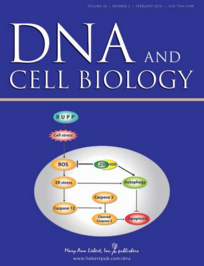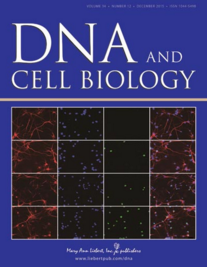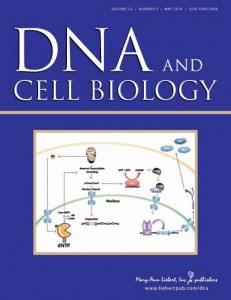
What Caught Our Attention: Soon after the paper appeared, the journal was alerted to the fact its findings were at odds with others in the field. When the editor approached the authors, everything fell apart: The authors couldn’t repeat the experiments, and “were also unsure of the molecular probes that were used in the study.” While it isn’t unusual to have doubts about data — since since research is a process of experimentation — it is odd not to know how your experiment was conducted. The paper was retracted less than two months after it was published. The manuscript was accepted two months after it was submitted in early May, theoretically giving reviewers enough time to catch these issues (along with the authors’ failure to cite relevant papers).
Continue reading Caught Our Notice: Don’t count your chicken (genes) before they’re hatched






